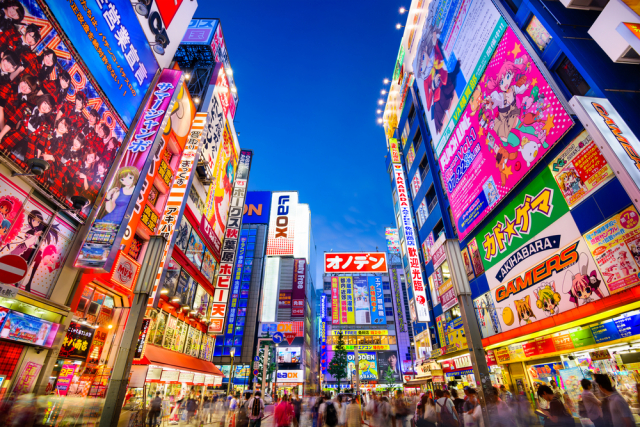Post-War Japan
Modern Japan

Japan & the Cold War
In August 1945 Imperial Japan made an unconditional surrender to the Allies following the dropping of two atomic bombs on the cities of Hiroshima on the 6 August and Nagasaki on 9 August 1945. The surrender announced by Emperor Hirohito finally brought the fighting of the Second World War to an end.
Japan had been a committed enemy to the Allies as part of the Axis Powers side during the war and was viewed by many across South East Asia as a brutal occupier, who had displayed no mercy to its opponents. Despite that, after agreeing to total demilitarisation Japan was supported by the Allies, the US in particular, to rebuild and become an economic power house in the region. Over a few decades it transformed for a militarist expansionist regime to one occupied then praised for its post-war recovery.
In this podcast Dr Adam Bronson, Durham University, discusses the state of Japan after the war, reconstruction, economical expansion, Japan's changing role in the post-war world, and how Japan's role in the Second World War and Cold War continues to impact its relation with its neighbours.
1. Why was Japan occupied after the Second World War?
2. What was the state of Japan after the war?
3. What form did reconstruction take in Japan?
4. How and when did Japan’s economy expand to the point that it would become the world’s second largest economy?
5. What role did the Japanese think they should take in the post-war world? How did this view change over time?
6. How important was a reconstructed Japan to U.S. post-war objectives?
7. How did the Chinese, Koreans and Soviets perceive a resurgent Japan?
8. What was the significance of Japan within the Cold War context?
9. How does Japan’s role in WWII and the Cold War continue to impact its’ relations with its’ neighbours?
10. Dr Bronson’s research on the significance of rumours and public opinion.
In order to access the full content of the podcasts please Login or Join the HA.

